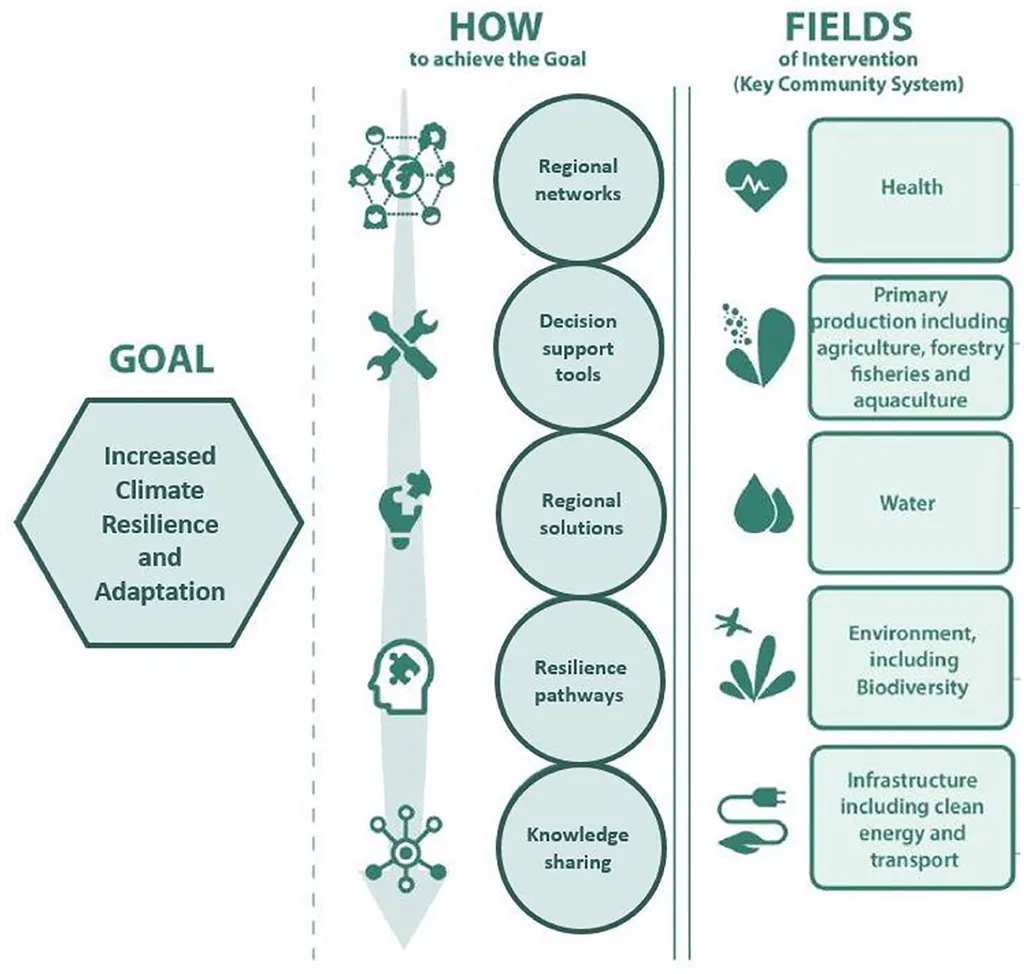In a significant stride towards evaluating global sustainability efforts, researchers have introduced a novel framework to assess countries’ progress, imbalances, and coordination in achieving the United Nations’ Sustainable Development Goals (SDGs). Published in the prestigious journal *Nature Communications* (translated as “Nature Communications”), the study, led by Zhenci Xu from the Department of Geography at The University of Hong Kong, offers a comprehensive analysis of global SDG performance from 2000 to 2020.
The research introduces three key indices: the Sustainable Development Relative Performance Index (SDRPI), the Sustainable Development Gini Index (SDGI), and the Sustainable Development Coordination Index (SDCI). These indices measure countries’ performance, imbalances, and coordination in pursuing the 17 SDGs adopted by 193 countries in 2015.
“Our findings reveal that most countries have made notable improvements in sustainable development over the past two decades,” said Zhenci Xu. “However, there are still significant imbalances and areas where coordination among different SDGs is lacking.”
The study highlights that low-income countries have achieved faster progress compared to high-income ones, with several Eastern European countries recording the largest gains in SDRPI. Meanwhile, Sweden, Spain, and Poland exhibited the lowest SDGI scores, indicating minimal imbalances in their SDG pursuits. Low-income countries also demonstrated strong coordination in their SDG improvements, suggesting that targeted policies and governance can yield substantial results.
For the energy sector, these findings underscore the importance of balanced and coordinated efforts in achieving sustainable development. As countries strive to meet their SDG targets, the energy sector plays a pivotal role in driving innovation and investment towards renewable energy sources, energy efficiency, and sustainable infrastructure.
“The energy sector is at the heart of sustainable development,” noted an industry expert. “By aligning with the SDGs, companies can not only contribute to global sustainability but also unlock new commercial opportunities and enhance their long-term competitiveness.”
The research also emphasizes the urgency of addressing underperforming SDG targets. For the energy sector, this means focusing on areas such as access to affordable and clean energy, promoting sustainable industrialization, and fostering innovation.
As the world moves towards 2030, the insights from this study can guide policymakers, businesses, and investors in making informed decisions that promote balanced, coordinated, and sustainable development. By leveraging the SDRPI, SDGI, and SDCI, stakeholders can better assess their progress, identify areas for improvement, and collaborate more effectively to achieve the SDGs.
In the words of Zhenci Xu, “Our hope is that this research will serve as a catalyst for more targeted governance and policies, fostering a more sustainable and equitable future for all.”
As the global community continues to grapple with pressing challenges, the energy sector stands at the forefront of driving sustainable development. By embracing the insights from this groundbreaking research, the sector can play a pivotal role in shaping a more sustainable and prosperous future for generations to come.

